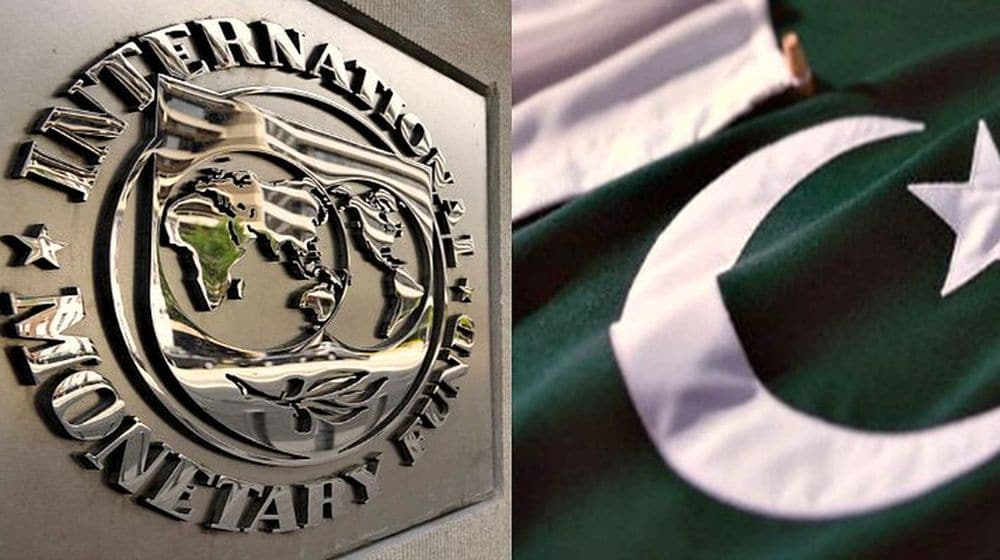The Federal government has formulated a comprehensive policy-level negotiation schedule with the International Monetary Fund (IMF), with talks to mainly focus on avenues for enhancing revenue, cutting expenditure, and encouraging dollar inflows, well-informed sources told ProPakistani.
Sources told ProPakistani that these talks will encompass a wide range of critical areas, including institutional reforms, the National Clean Air Policy, and the National Climate Finance Strategy. Key aspects will involve leveraging the exchange rate, the issuance of Sukuk bonds, Treasury bills, and investment bonds for securing new loans.
Notably, fuel subsidies will not be provided during the loan program, and measures to reduce the budget deficit will be integral to the ongoing policy negotiations, sources added.
The talks will address significant economic aspects such as rebasing, adjustments, and a circular debt reduction plan for both the power and petroleum sectors. Sources briefed that the Ministry of Finance has confirmed that policy-level talks with the lender are set to commence today. They added that Finance Minister Dr. Shamsmad Akhtar will take a hands-on approach, personally overseeing the negotiations.
Climate-Resilient Funding
Also, the wider fiscal strategy is to meet the deadline set by the IMF and secure multilateral funding. This strategy mandates that all future investments, including those facilitated by the Special Investment Facilitation Council (SIFC), must be entirely climate resilient.
The public sector development program (PSDP), public-private partnership (PPP), and the SIFC will undergo a significant reorientation, focusing on climate finance, innovative instruments, carbon credits, and accreditation with global fora.
The ongoing $3 billion Standby Arrangement (SBA) with the IMF requires Pakistan to build climate resilience, considering the nation’s exposure to repeated cycles of extreme weather conditions and natural disasters.
The federal cabinet’s adoption of the ‘Climate-Public Investment Management Assessment (C-PIMA) and the PIMA action plan represents one of the three structural benchmarks to be achieved by the end of the year. Planning Secretary Awais Manzur Sumra briefed the visiting IMF mission on the progress made so far, with policy-level discussions to begin today.
The IMF’s C-PIMA framework introduces a climate-responsive dimension to the existing PIMA framework, evaluating a country’s capacity to manage climate-related infrastructure. The assessment focuses on key institutions related to public investment management, aiming to enhance planning, coordination, project appraisal, budgeting, portfolio management, and risk management.
Reports indicate that lenders including the IMF and the World Bank have emphasized that international development and climate funding may be contingent on Pakistan’s alignment with the C-PIMA standards in its national climate investment plans.























Muneeb Ahmed Janjua from sambrial Sialkot Pakistan 03416344479